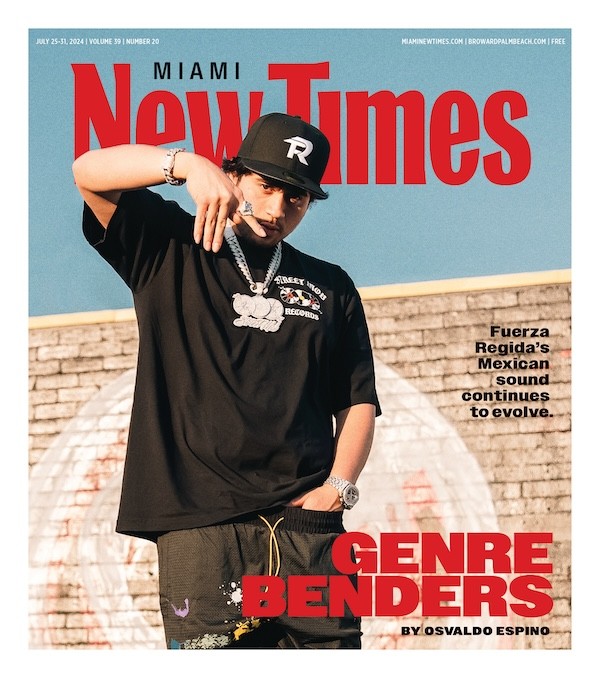In addition to being moral abominations, the measures are also just really bad for the economy, experts say. Last month, analysts at the nonprofit Commonwealth Fund warned that the House plan — called the American Health Care Act (AHCA) — would cut more than 83,000 jobs and $8.6 billion from the Florida economy.
Now the Fund, along with with George Washington University's Milken Institute of Public Health, published a similar analysis of the Senate's new plan. Guess what? It would take a nearly
Technically, the Sunshine State fares slightly better under the Senate plan than the House AHCA, but that's like being happy a Roman candle blew off only three of your fingers instead of five. Under the AHCA, Florida's job cuts and economic losses were expected to be the third-worst in America; under the Senate proposal, they're good for sixth-worse, behind New York, California, Pennsylvania, Ohio, and Michigan. In fact, Florida did "better" only because the Senate deal would hit the aforementioned five states even harder than the AHCA did.
"Although the Congressional Budget Office found that both the Senate and House bills had similar effects in increasing the number of uninsured, our analysis indicates that the Senate bill has the potential to be more damaging to states’ economies,” George Washington University Dr. Leighton Ku, the study’s lead author, said in a news release.
The study repeatedly warns that the Senate plan's economic cuts would eventually be "much harsher" on states than the House plan, largely due to the damage the bill does to Medicaid. Unlike what Rubio has repeatedly claimed online and on his Facebook Live stream, the bill does hamstring Medicaid over the next decade, and it's no surprise that if you give poor people less money to spend and drive them into bankruptcy (medical bills are the leading bankruptcy-driver in America), people aren't able to spend as much on Jet-Ski rentals.
The study also warns the Senate's Better Care Reconciliation Act (BCRA) provides even less financial help for the elderly than the AHCA did.
So far, Rubio has seemed hellbent on voting on this nightmare. (U.S. Sen. Bill Nelson, Florida's boring Democratic centrist, is almost certainly voting no.) Last week, Rubio lashed out at the media for spreading "misinformation" about how many Floridians would lose health coverage under the plan (an estimated 2 million, according to the centrist-liberal Center for American Progress). Yesterday he went on an ill-advised mini Twitter rant about how he'll never support single-payer health care (even though it works in every other developed country) and then tried to exploit a dying British baby to prove his point.
Another telling factor that suggests Rubio will vote for the Senate plan: The Center for Responsive Politics says Rubio has taken more than $2.5 million in donations from the health industry since he became a senator in 2010.
The Senate had planned to vote on the BCRA at the tail end of June, before Senate Majority Leader Mitch McConnell delayed the vote because a few senators, including Ted Cruz, refused to back the deal because it was somehow not harsh enough. Cruz has now proposed an amendment that would split citizens into two groups — sick and healthy — and charge sick people astronomically high rates for insurance. The Republicans must now choose whether to ditch the plan or please a complete lunatic like Cruz, whom even they all hate.Research has found that #Medicaid expansions for adults were associated with reductions in mortality. https://t.co/SwX6md04Mc pic.twitter.com/diPSzjRcxF
— Kaiser Family Found (@KaiserFamFound) July 3, 2017
Regardless, Rubio keeps taking time out of his day to defend the Senate plan from critics, which means, absent a huge sea change, he'll vote for it.
But even without the Cruz amendment in place, the Commonwealth Fund warns that the deal would speed up the effects of economic recessions, make it easier for the United States to fall into economic decline, and make it way harder to claw back out.
"The combination of more uninsured and more unemployed people will increase the demand for social assistance, but weaker state economies and federal reductions in Medicaid spending will make it more difficult for states to respond to those needs," yesterday's study warns. "States will confront painful choices between raising taxes or slashing services."












